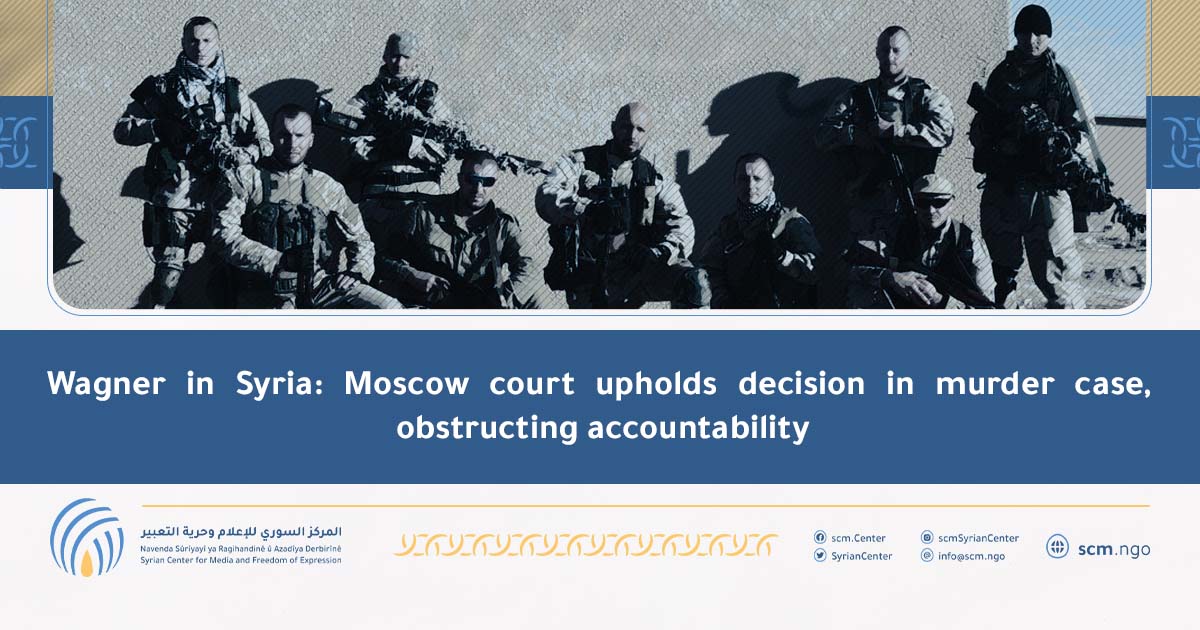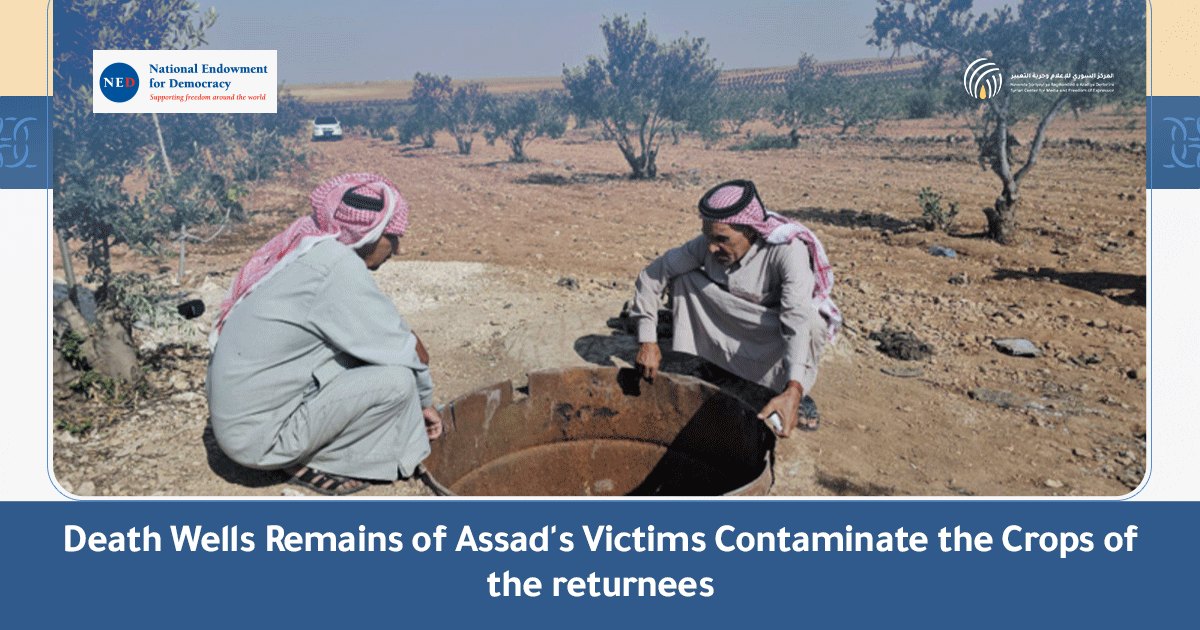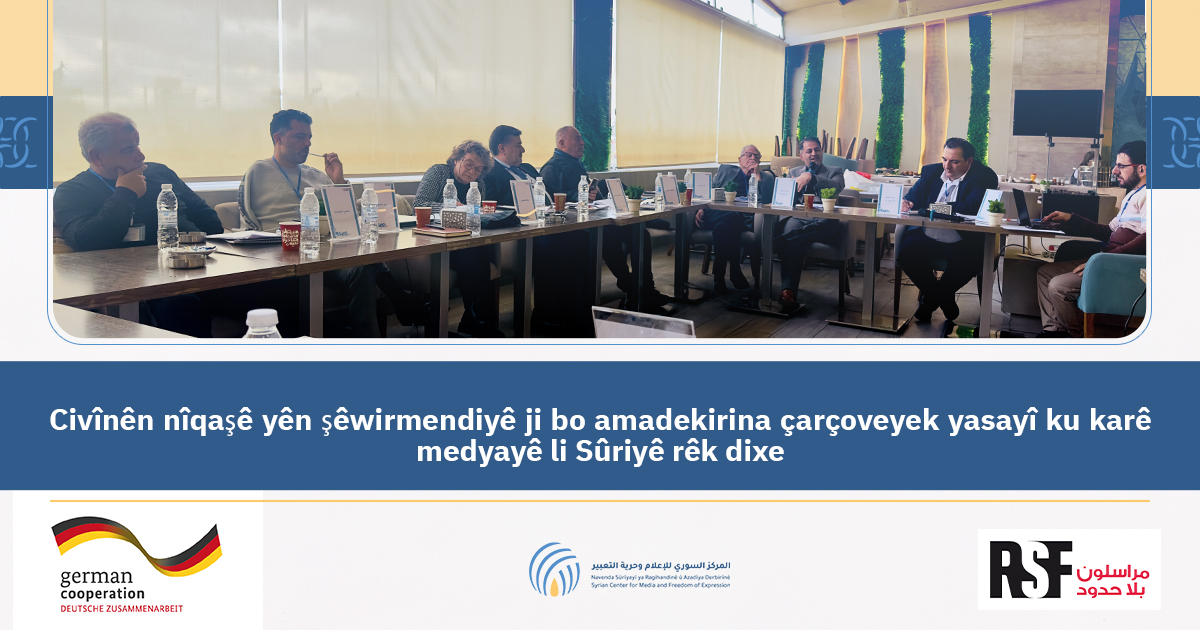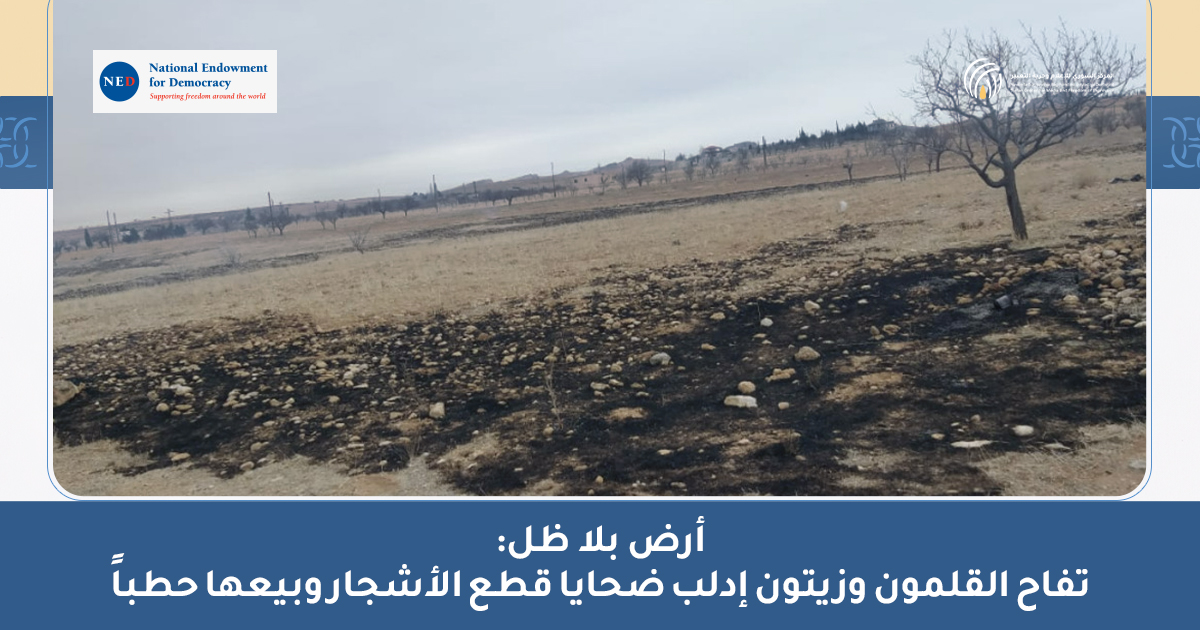Moscow, Paris.
Today,The Moscow City Court upheld the decision of the Basmanny Court in Moscow, which considered lawful the inaction of Investigative Committee (IC) of the Russian Federation concerning the brutal murder of Syrian Mohammed Elismail by alleged members of the private military company (PMC) Wagner (“Wagner group”) in Syria in 2017. The IC had not provided any information about the fate of the complaint filed by the victim’s brother Abdullah Elismail for 10 months.
The torture, murder, and subsequent mutilation of Elismail’s body was captured on video and widely spread online. The Syrian Center for Media and Freedom of Expression (SCM), Memorial Human Rights Center, and the International Federation for Human Rights (FIDH) assisted in the preparation of the complaint. These organizations engaged lawyers Ilya Novikov and Pyotr Zaikin to represent Elismail. Much of the information and evidence was provided to the human rights defenders by Russian newspaper Novaya Gazeta, which conducted its own investigation.
“The court’s decision is absolutely illegal, but in terms of our strategy it suits us. We assumed from the beginning that the Russian law enforcement and judicial system would be unable or rather unwilling to recognize the crimes of members of Wagner. It was important for us to exhaust all effective remedies inside Russia in order to have the right to apply to the European Court of Human Rights; from this point of view, what the Russian courts tell us doesn’t make much difference to us. Our conversation on the merits of the case with the Russian authorities will go through Strasbourg one way or another,” commented lawyer Ilya Novikov on the decision of the Moscow court.
Lawyers Piotr Zaikin and Ilya Novikov had asked the Moscow City Court to reverse the District Court’s ruling, to recognize as illegal the inaction of the Chairman of the Investigative Committee of Russian Federation, Alexander Bastrykin, and to oblige him to correct the violations committed.
The court of the first instance agreed with the arguments of the investigation, which the head of the department of the IC, A. Pakhtusov, set out in his objections to the lawyers’ complaint. In his opinion, the initial criminal complaint of Abdullah Elismail does not contain information “lacked information regarding circumstances establishing elements of a crime,” and is therefore “not subject to registration [in the crimes registry] and does not require a procedural investigation.” He believes that the fact of Mohammed Elismail’s death is not established and not documented. He also doubts “the authenticity of the video” accompanying the criminal complaint, which shows several armed men dressed in camouflage and speaking Russian, torturing, and then killing a Syrian. They dismember the body, burn it, and display the severed head. The video clearly shows the faces of the executioners and the victim.
The representative of the Investigative Committee also pointed to the lack of relevant information or requests for legal assistance from the competent authorities in Syria, where, according to the applicant, the murder took place, and the applicant’s arguments about the involvement of Russian citizens in the murder are “speculative” in nature.
According to the lawyers, the District Court should have considered that the arguments presented in Pakhtusov’s objections were not credible and were not supported by any evidence. Thus, there is no evidence that the Investigative Committee sent requests to Syria to investigate the murder captured on the video or took other actions to establish the truth.
On the contrary, the initial complaint contains enough information to initiate an inquiry into the fact that Russian citizens may have committed the murder of a Syrian. It even names one of the possible accomplices of the crime, Stanislav Dychko, who is a resident of the village of Krasnokumskoye, Stavropol Krai.
According to Russia’s Criminal Code, a Russian citizen must be criminally punished domestically if he or she commits a crime outside of Russian territory and has not been tried by a court of a foreign state. The participants in this murder violated the laws of Syria and Russia, but were not held criminally responsible anywhere.
The Basmanny court ignored all the evidence provided by Abdullah Elismail and his attorneys and issued a ruling based on the arbitrary objections of the IC, and the Moscow City Court upheld this illegal ruling.
Jurist Mazen Darwish, the director general of the Syrian Center for Media and Freedom of Expression SCM criticized the court ruling: “The worst thing that could happen to a judicial system is that it gets politicized, and follows the orders of the government rather than remain independent. We had hoped that the Russian legal system would deter Wagner mercenaries or other similar groups from committing war crimes, but to the contrary it is wrongly assuring impunity to human rights violators and criminals, in line with the Russian government’s will.”
“We have now received a second confirmation of the total lack of willingness of the Russian judiciary to investigate strong allegations of perpetration of grave crimes by Russian nationals,” added Clémence Bectarte, lawyer and coordinator of FIDH’s Litigation Action Group.
Darwish stressed the fact that the judicial path within Russia might be exhausted “but we will continue our efforts seeking justice for Elismail family and all other victims, as further legal options are there to be explored, not necessarily through Russian courts.”
Notably, the European Court of Human Rights (ECtHR) considers that for an investigation to be “effective,” an unsuccessful preliminary investigation does not suffice (no such investigation took place here). In its judgment in the case of Lyapin v. Russia, the ECtHR noted that even the preliminary inquiry “has a very narrow scope and cannot lead to the conviction and punishment of the perpetrator, since the institution of criminal proceedings and the preliminary investigation are prerequisites for bringing charges, which may then be considered by a court.”
Background:
- On 11 March 2021, Abdullah Elismail, with whom SCM is in direct contact, filed a petition demanding that a criminal case be opened against the perpetrators for murder with particular cruelty. He also asked to check whether there were any signs of other crimes, including war crimes, in their actions. Lawyers Novikov and Zaikin twice – on 26 March and 13 October – requested information from the Investigative Committee about the registration of the complaint, the progress and results of the preliminary investigation, and copies of procedural documents. We have not received an answer. The complaint was submitted to the court three times – on 19 April, 4 May and 19 July. Two times it was returned under various pretexts; the lawyers had to make efforts to get information about the fate of the complaints and the rulings on their return.
On 1 October, Zaikin applied to the chairman of the Basmanny court with a request to inform him in writing about the decision on the third complaint, and on 18 January 2022, the court dismissed the complaint.





